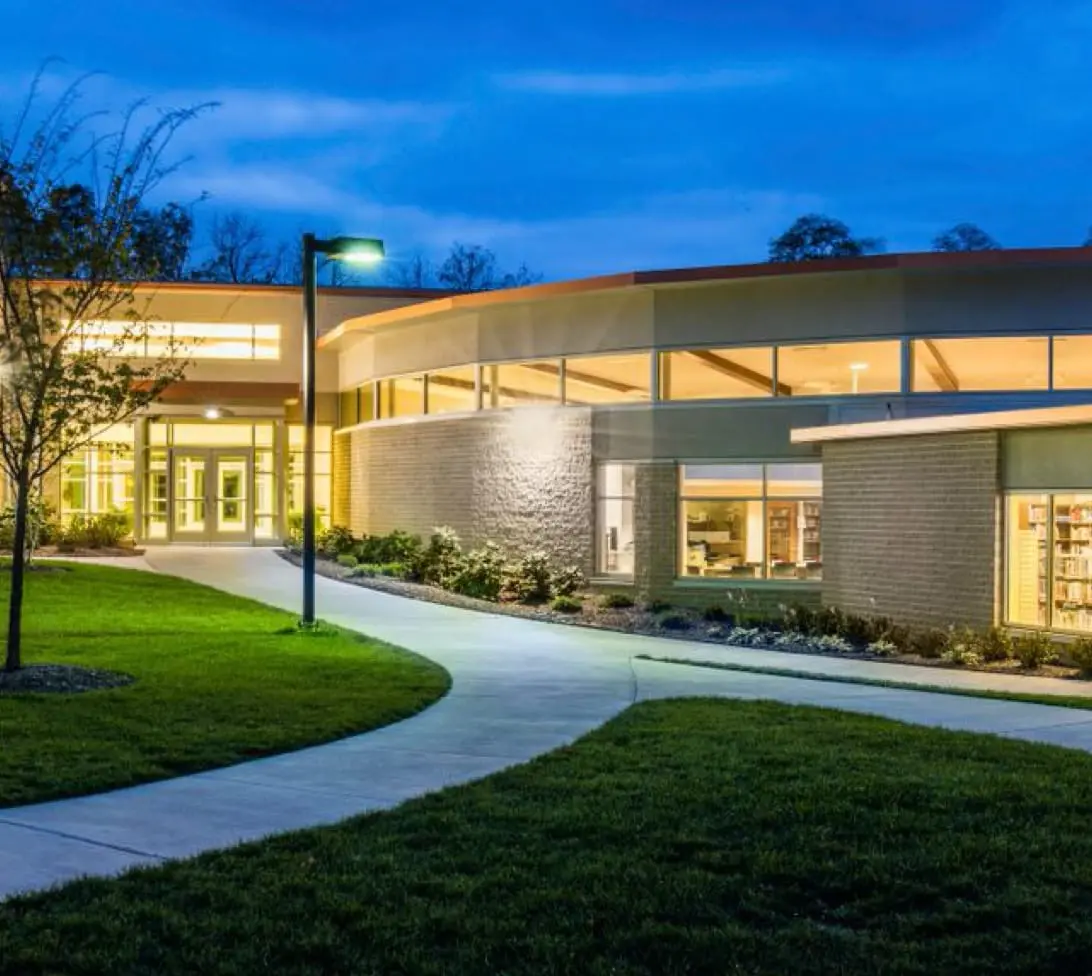
Visit MVS
Our campus is an experience you need to see in person. Our doors are open. Come by and see what we are up to.
Many schools throughout the country adopt the Reggio Emilia approach to education, but not as many build a state-of-the-art school designed by teachers and send those teachers to Reggio Emilia, Italy for professional development.
Kathleen Bechert and Julie Patel have returned from their educational adventure in Reggio Emilia, Italy where they attended a week long International Study Group on the Reggio Approach to Education. 400 teachers and administrators from over 41 countries were represented at the conference. Some of the countries include Australia, New Zealand, South Korea, Malaysia, UAE- Abu Dhabi, China, Ghana, Panama, and the United States, to name just a few. Engaging with educators from all around the globe, gathered in one place to talk, learn and collaborate together was a once-in-a-lifetime opportunity for Julie and Kathleen. We sat down with Julie to learn more about the Reggio approach to education and what makes The Miami Valley School Early Childhood curriculum unique:

The Reggio Appchto Education focuses on the rights of all children to have an education. It is our responsibility as a community, a country and a world to provide the best education possible for all children. This education is rooted in relationships. The relationship between a child and a parent, child to child, child to educator, child to environment and child to community – they are all intertwined and work together. Each of these relationships is strengthened and enhanced by this collaborative effort. The Reggio Approach believes that each child already possess an infinite potential for learning. Each child is capable of constructing their own knowledge. They are their own teacher. We must respect this as educators, and focus on each child’s own uniqueness, identity, and differences.
Learning revolves around daily collaborative research and is project based. The children’s daily exploration and questions formulate the research and will guide the curriculum. The teachers listen, observe, mentor, document and reflect daily on what the children are doing and saying and what they are interested in learning about. The teachers then help construct the context in which the research/learning takes place. The children work in both small and large groups. Cooperation and collaboration is key. All research is open-ended and may last a month or a year depending on the children’s ongoing curiosity and questions. During this time, the teachers are documenting the process. This may be through note-taking, photos or video. The teachers meet often to reflect, compare views and collaborate.

Every Reggio school also has its own art studio (atelier) and art teacher (atelierista). This is a place of invention and creation. The atelierista works in conjunction with the teachers and what is happening in the classroom. In the Reggio Approach, the environment is seen as the third teacher. This may be the physical space, the materials in this space and the outdoors. Being outdoors is a constant in Reggio.The inside and outside are blended together seamlessly.
This was an amazing opportunity for myself and Ms. Bechert. We know we will be able to enhance and expand upon ideas and projects in the future. Many of the our current practices are inspired by Reggio and it was gratifying to see and know we are on the right path. The timing of this trip and the new building is perfect! The EC teachers and families are more excited than ever about the endless possibilities for learning that await us.
© Copyright 2024. Miami Valley School. All Rights Reserved | Made by Jetpack